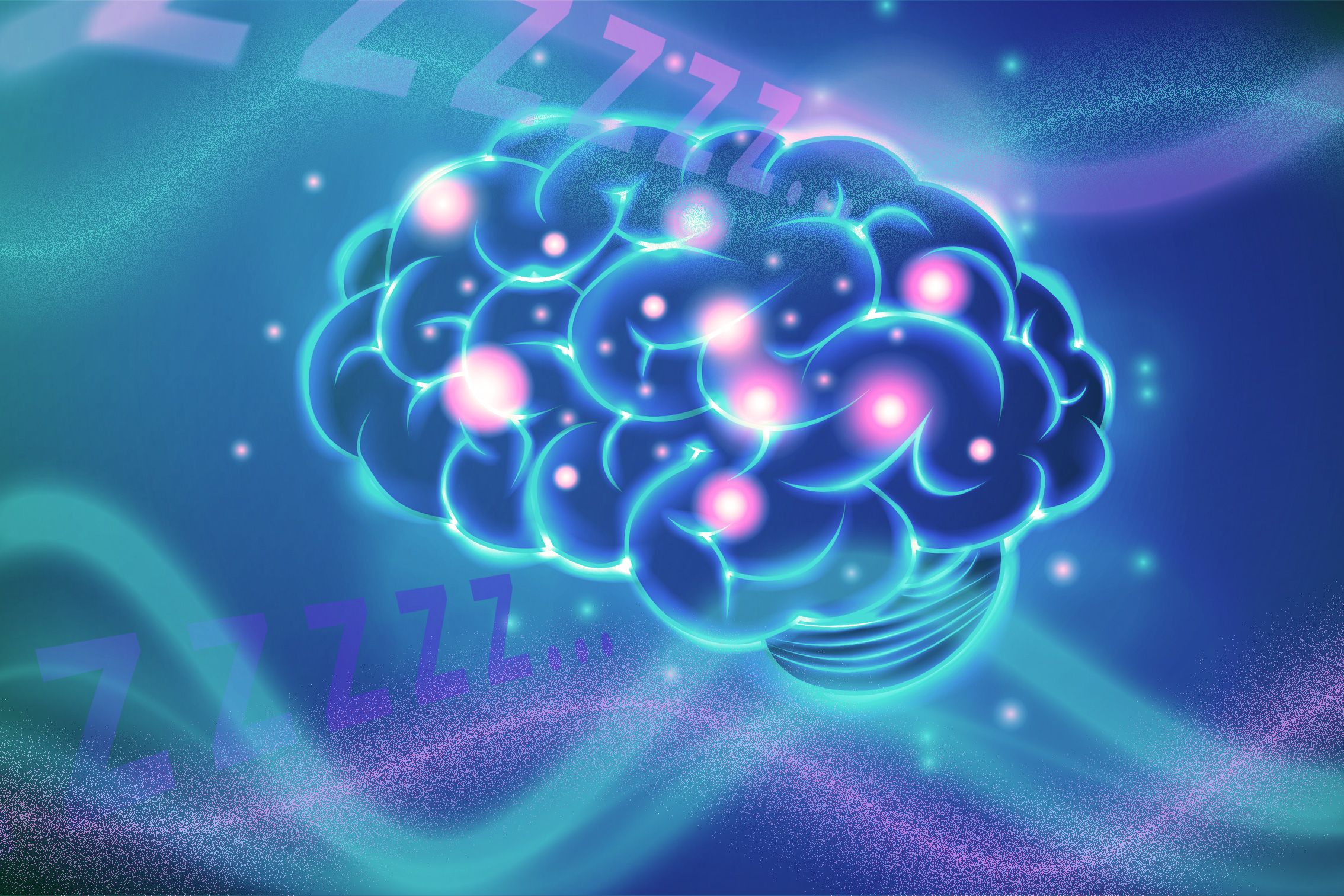New research published by the University of Oxford unveiled specific processes within the cerebral cortex associated with sleep control.
The study was released in the journal Nature Neuroscience.
“Cortical and subcortical circuitry are thought to play distinct roles in the generation of sleep oscillations and global state control, respectively,” the study states.
“Here we silenced a subset of neocortical layer 5 pyramidal and archicortical dentate gyrus granule cells in male mice by ablating SNAP25.”
“This markedly increased wakefulness and reduced rebound of electroencephalographic slow-wave activity after sleep deprivation, suggesting a role for the cortex in both vigilance state control and sleep homeostasis,” the findings also state.
The study’s uncovering of the cortex as part of the sleep-regulating system provides a new approach for future research in sleep medicine.
“The cortex is a highly complex structure, both anatomically and functionally, and is therefore difficult to study; and this is why we think its role in sleep control was previously overlooked. The effects on sleep of cortical silencing offers a novel and fresh perspective on the mechanisms of sleep control, and has the strong potential to transform the field of sleep neurobiology,” one author of the study mentioned in a news release.


